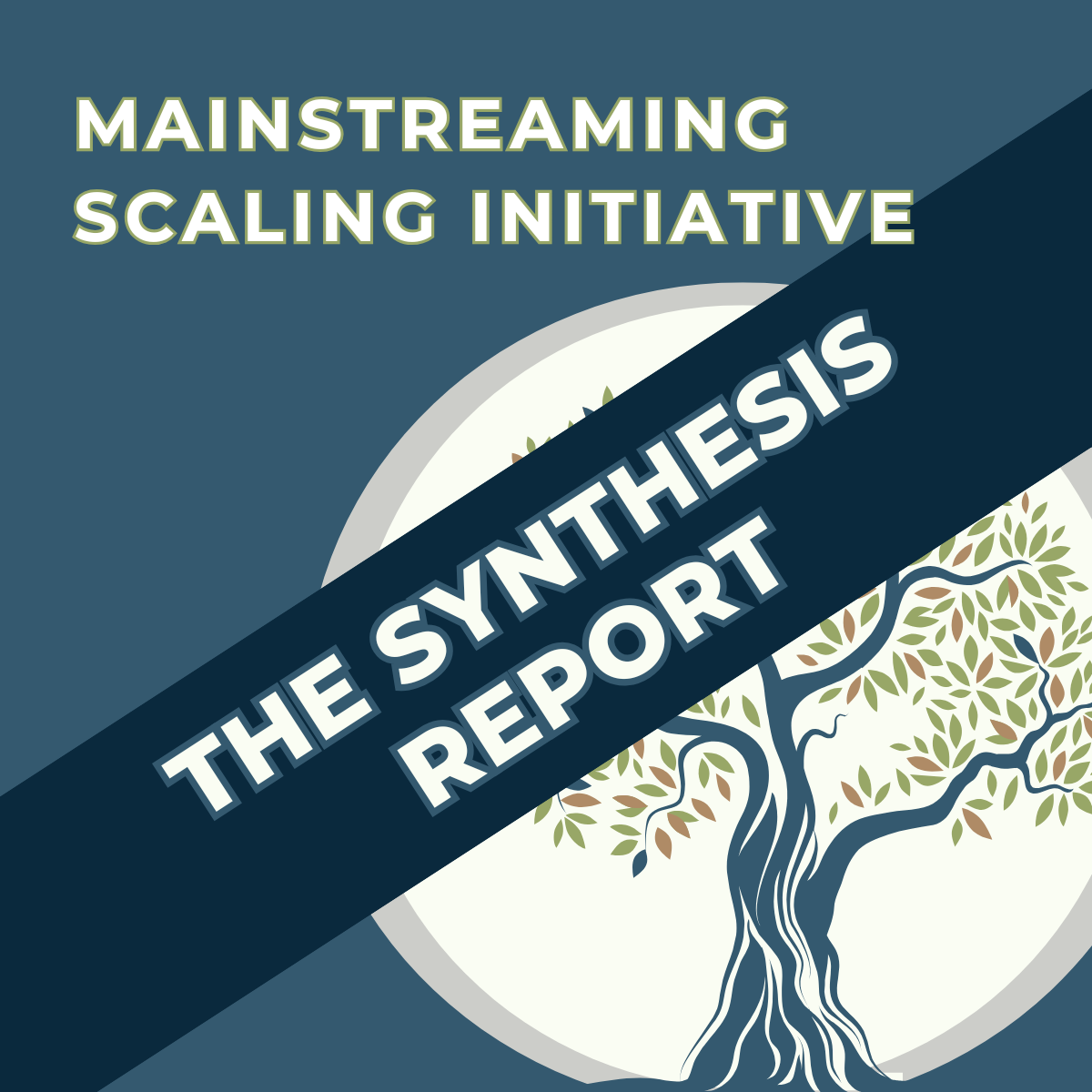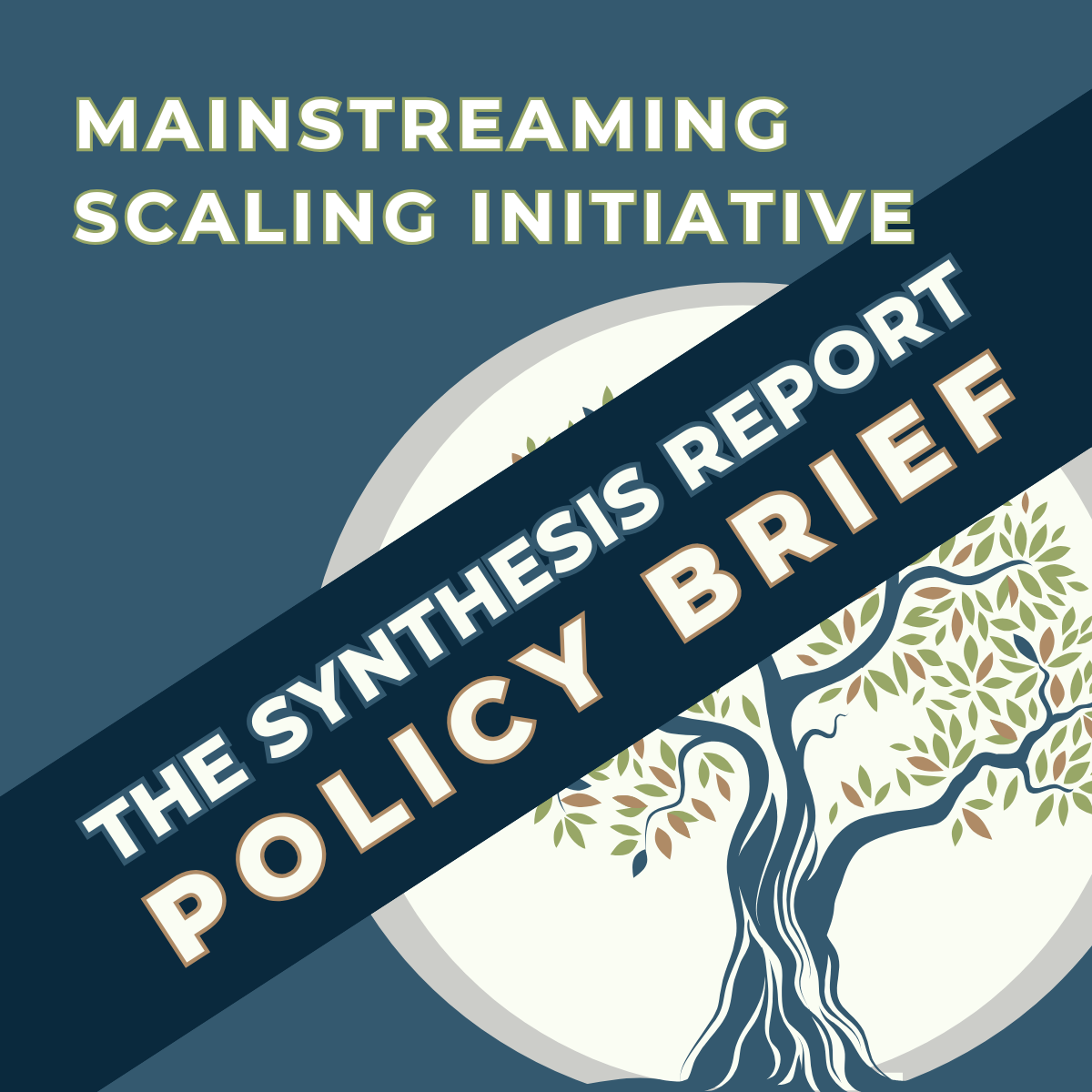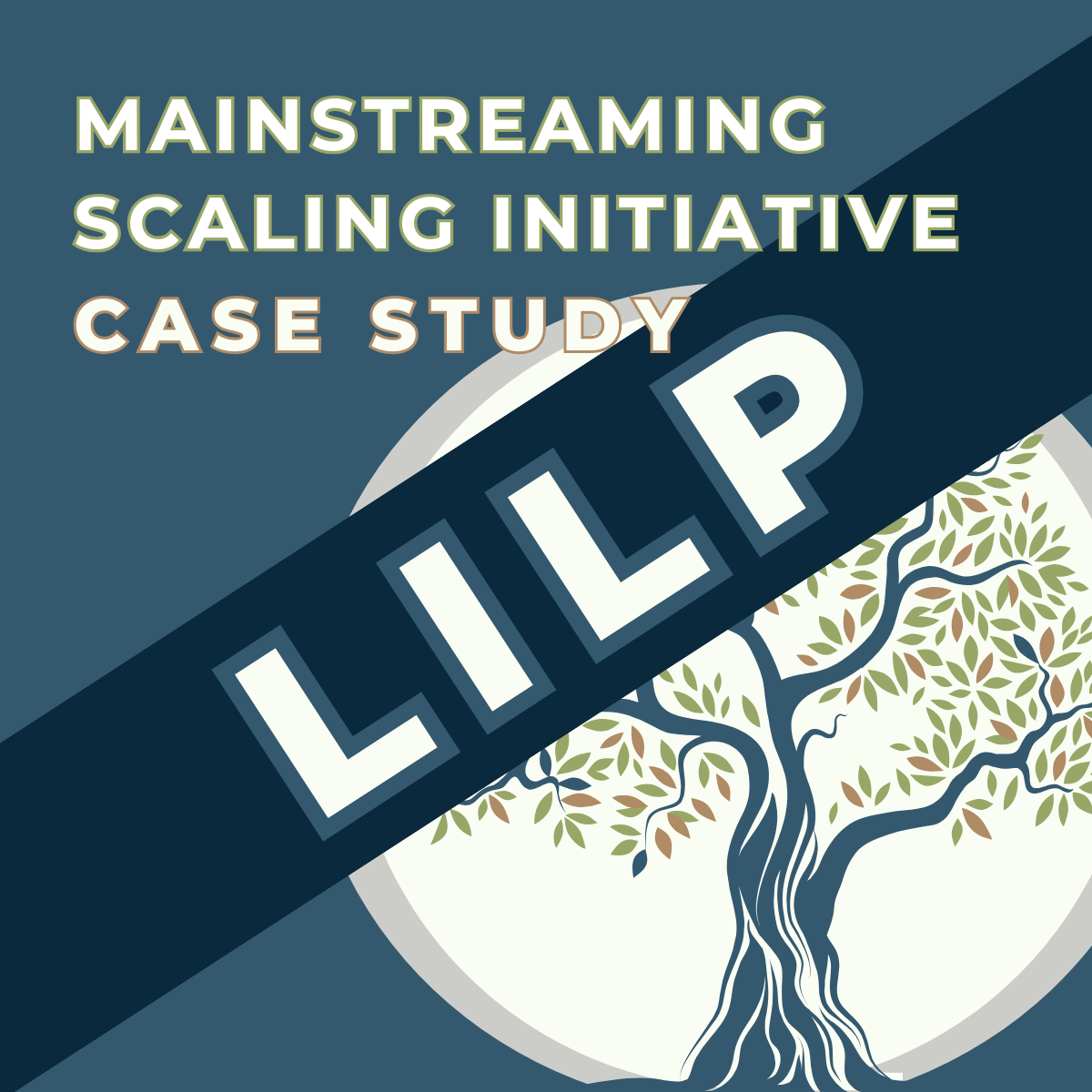CoP Scaling Tools
ExpandNet Scaling Tools
Based on comprehensive literature reviews and the extensive experience of its members with major scale-up initiatives, ExpandNet, together with WHO, has produced tools, guides, and other resources which are being used by country teams, projects, and institutions in their scale-up endeavors which all feature on this website: https://expandnet.net/tools/.
International Development Innovation Alliance (IDIA) Good Practice Guide for Funders.
This paper in the IDIA Insights series focuses on eight good practices for funders seeking to take promising development innovations to scale. It is designed to accompany the Insights on Scaling Innovation paper that draws on the experience and learning of a wide range of bilateral, multilateral, philanthropic and civil society actors who came together in a Working Group on Scaling Innovation facilitated by the International Development Innovation Alliance (IDIA). While these good practices do not represent the formal strategy or approach of any one single agency in the Working Group or IDIA itself, they do reflect areas of overlapping learning and experience that can be used as a point of reference for interested stakeholders in reflecting on, and enhancing, their own approaches and guidance on scaling innovations. Scaling Innovation: Good Practice Guides for Funders. June 2017.
PPPlab and CIMMYT Scaling Scan: A scalability assessment tool
The Scaling Scan is designed for anyone involved in pro-poor and sustainable development programs looking to scale impact. Project coordinators, managers and teams who manage project resources and priorities will be those most able to take advantage of the tool. It is specifically designed to develop capacity of nonscaling experts to recognize, and make sense of, scaling in their context. It is highly recommended to involve a diverse set of stakeholders for richer and more deliberate choices on what needs to be addressed and done to achieve the scaling ambition. Furthermore, the Scaling Scan can be applied: within a range of sectors, despite being based on experience from the agriculture and the water sector; by individuals as well as (project) teams; by individual organizations and partnerships.
Jacobs, F., Ubels, J., Woltering, L., Boa-Alvarado, M. (2021). The Scaling Scan: A practical tool to determine the strengths and weaknesses of your scaling ambition. (2nd Edition). Published by the PPPlab and CIMMYT. 2021.
https://repository.cimmyt.org/handle/10883/21507
Management Systems International (MSI) Scaling Toolkit
This Toolkit (“Scaling Up from Vision to Large Scale Change: Tools for Practitioners. 2nd Edition,” 2021) is intended as a companion to MSI’s three-step, 10-task Scaling Up Management Framework. The purpose of this companion volume is to provide a set of practical, easy-to-use tools, guidelines and techniques developed and refined through field experience to assist organizations implementing the Framework’s steps and tasks. https://www.msiworldwide.com/sites/default/files/additional-resources/2021-05/ScalingUp_toolkit_2021_v5_0.pdf
Brookings Center for Universal Education Institutionalization Tracker Tool
The Institutionalization Tracker (2021) helps implementers, policymakers, and funders measure the progress of integrating an initiative into an education system and identify areas that require additional attention for further integration. This tool is designed to track progress toward institutionalization. It is organized by education system building blocks, each of which is broken down into specific elements. For each element, there is a set of criteria to consider when assigning a score ranging from “low institutionalization” to “high institutionalization,” and a column for providing an explanation for the score selected. The tool should be used when the vision for scaling includes government adoption or mainstreaming of an initiative into a formal education system. It should ideally be used at regular intervals (approximately every six months) to assess progress and determine actions to strengthen and advance institutionalization efforts. https://autopapers.ssrn.com/sol3/papers.cfm?abstract_id=3957339
Scaling Training Tool by CGIAR and Wageningen University
Achieving impact at scale is one of the greatest challenges facing the research and development community, and ‘scaling of innovation’ is increasingly popular in the world of public research and development. However, innovation and scaling often mean different things for stakeholders representing research, development organizations, private sector and government organizations. To support organizations, project teams and their partners in developing a common understanding of innovation and scaling in the context of international development, an online course was developed.
The course covers 6 Modules that answer questions such as:
- What do we mean with innovation?
- How do innovations scale as part of packages?
- How do we ensure (gender-)responsible scaling?
- How do we measure the Scaling Readiness of innovations?
- How to develop evidence-based scaling strategies with partners?
- Why invest in innovation portfolio management?
The online course was developed by innovation and scaling experts representing Wageningen University and the CGIAR, a global research partnership for a food secure future dedicated to reducing poverty, enhancing food and nutrition security, and improving natural resources (www.cgiar.org). The course introduces basic innovation and scaling concepts, and applies these concepts to a real case study. The course has been designed for students, scientists, development experts, and research/ innovation managers. Content is provided through short video snippets, reading materials and quizzes.
The course approximately takes 3 hours, is free, and those who successfully complete the course receive a certificate. The course can be directly accessed through: https://innovationandscaling.thinkific.com/courses/innovation-and-scaling.
An animated video explaining the course in 2 minutes can be found here: https://www.scalingreadiness.org/courses/.
Please contact Dr Marc Schut (m.schut@cgiar.org), CGIAR and Wageningen University Innovation and Scaling Advisor and Scientist for any questions or feedback.


